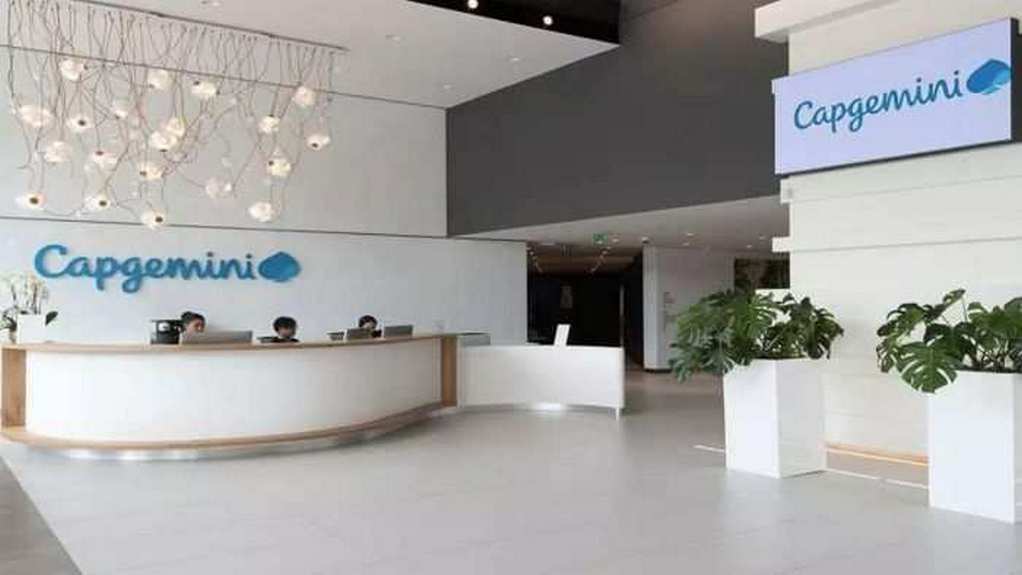Capgemini and Eneco, a group of companies active in the field of renewable energy and innovation, energy trade and retail, have announced a commitment to reduce Eneco’s CO2 emissions by one megaton through joint initiatives across scopes 1, 2 and 3 by 2030. This is part of a broader 10-year agreement between Capgemini and Eneco to accelerate Eneco’s transition towards sustainable energy, and help meet its ambition of becoming carbon-neutral by 2035.
Both companies will explore the impact of engineering, digital, data & AI, business technology and platforms on reducing scope 1, 2, and 3 CO2 emissions. This 2030 target is based on the shared conviction of both Eneco and Capgemini that a sustainable future is achievable only through cross-industry collaboration with all stakeholders, including customers, strategic partners, and suppliers. Capgemini’s work with Eneco, will focus on business model, process, and technology innovation and is expected to contribute approximately 17% towards Eneco’s 2030 carbon reduction goal.
To demonstrate how business model, process, and technology innovation can help reduce CO2 emissions, Capgemini and Eneco assessed the potential of a number of innovations that focus mainly on Scope 3, with a comprehensive carbon calculation approach. Eneco’s scope 3 emissions represent almost 90% of its total output and are generated from indirect sources within its supply chain, such as purchased goods and services, distribution, transportation, the use of sold products, and end-of-life treatment of sold products. Reducing the carbon footprint of Eneco’s partners and customers is key, for example through radical electrification, phasing-out natural gas, and accelerating sustainable heat solutions.
Capgemini and Eneco to jointly test and evaluate innovations to accurately track, report and analyze progress and enable Eneco to make data-based decisions, CO2 calculation models have been set up using a Life Cycle Assessment, cradle to grave principle, and business data. Capgemini will also support Eneco to reduce its Scope 1 and 2 emissions through curtailing its IT footprint, more energy efficient offices and buildings used by Eneco, and a reduction of CO2 in Eneco’s own energy supply and production chain.
Other innovations to be evaluated include: B2B decarbonization services to help Eneco’s business customers to further reduce carbon emissions with solutions such as heat pumps, insulation, smart office lighting, solar boilers, and panels.
A Virtual Power Plant: a digital platform to balance renewable energy supply and demand with energy trade. Digital Twins to reduce costs of constructing and operating onshore and offshore windfarms.
Tags: Capgemini, Eneco, Sustaiability, Transition



Recent Posts
Egypt Advances Maritime Decarbonisation with National Action Plan Backed by IMO
Fuelre4m unveils VIRDIS: A predictive AI breakthrough in global fuel distribution, powered by Five9nes
EXMAR Launches First Ammonia-Fueled Gas Carrier at HD Hyundai Mipo
Japan-Backed Green Hydrogen Centre Planned for Uttar Pradesh
JSW Group Outlines Major Push into Commercial and Heavy Electric Vehicles
Lloyd’s Register Grants Approval in Principle for KSOE’s Multi-Fuel Newcastlemax Bulk Carrier Design
Eureka Shipping Deploys HVO-Ready Cement Carrier Tamarack for Great Lakes Operations
Terntank Places Repeat Order for VentoFoil Wind Propulsion Units on Methanol-Ready Hybrid Tankers